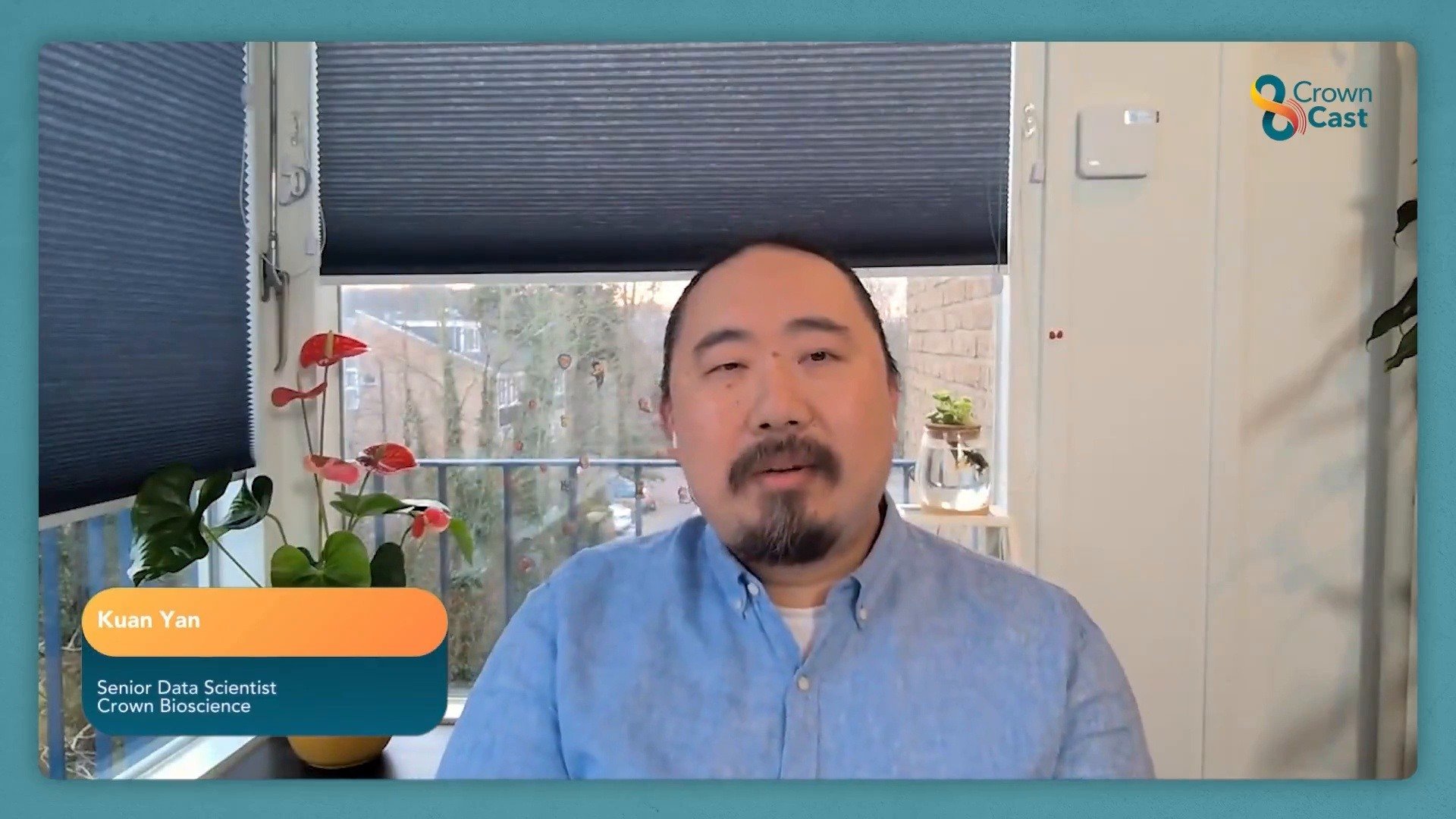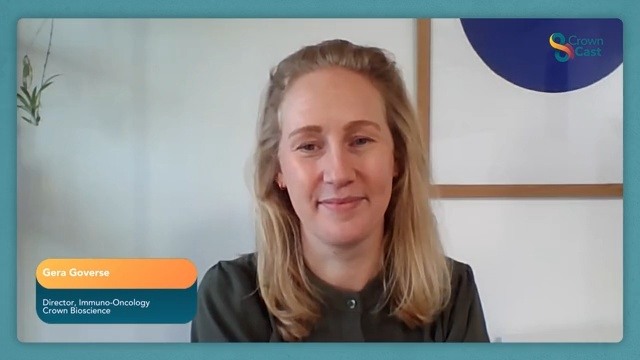Imagine standing on the brink of a breakthrough in cancer treatment, only to be halted by one daunting barrier: drug resistance. In this episode of CrownCast, Jonny McMichael, PhD, VP of Client Experience and Enablement at Crown Bioscience, alongside Enrico Pesenti, the company’s Executive Director of Client Engagement, delve into this critical issue. Their discussion highlights that drug resistance affects a staggering number of patients, transforming promising therapies into temporary solutions. But what if there was a way to turn this hurdle into an opportunity for innovation and better patient outcomes?
The Patient’s Journey: An Emotional and Scientific Challenge
At the heart of drug resistance lies a deeply personal story - each slide of a patient’s tissue sample represents an individual’s journey of courage and hope in navigating a challenging chapter of their life. As Enrico shared in the podcast, understanding drug resistance is not only a scientific endeavor but also a commitment to improving lives. For many patients, resistance implies enduring multiple lines of therapy, translating into relapses and diminishing hope. But with this challenge comes an urgent call to refine our approach to treatment.
Harnessing Technology: Precision Medicine at the Forefront
Today’s technological advancements are rewriting the narrative of drug resistance. The use of single-cell multi-omics technology allows for a detailed understanding of tumor heterogeneity, offering a magnified view of the different cancer cell populations and their resistance mechanisms. This precision enables healthcare providers to identify rare resistant cells and tailor interventions accordingly.
Moreover, technologies like spatial transcriptomics and AI-driven data analysis present a multi-dimensional understanding of tumors, aiding in predicting resistance patterns before they manifest clinically. This proactive approach not only enhances therapy design but also accelerates the path to personalized medicine, reducing the traditional reliance on trial-and-error protocols.
Strategizing for Success: Practical Steps for Industry Leaders
For decision-makers, the key lies in leveraging these technological advances to inform strategic development. Companies must focus on creating robust, translational models that simulate real-world cancer biology and resistance phenomena. Incorporating AI and machine learning can further refine drug development, making it both predictive and responsive to resistance challenges.
Another critical strategy involves collaboration - bridging the gap between clinical insights and bench research. Engaging with institutes and tech innovators can accelerate the translation of research findings into actionable clinical strategies, ensuring therapies remain one step ahead of resistance.
Conclusion: Navigating the Future of Cancer Treatment
In facing the formidable challenge of drug resistance, innovation emerges as the beacon of hope. By integrating cutting-edge technologies and fostering collaborative strategies, we stand to revolutionize cancer treatment pathways. Understanding and overcoming drug resistance is no longer a distant ambition but a palpable reality within reach.









